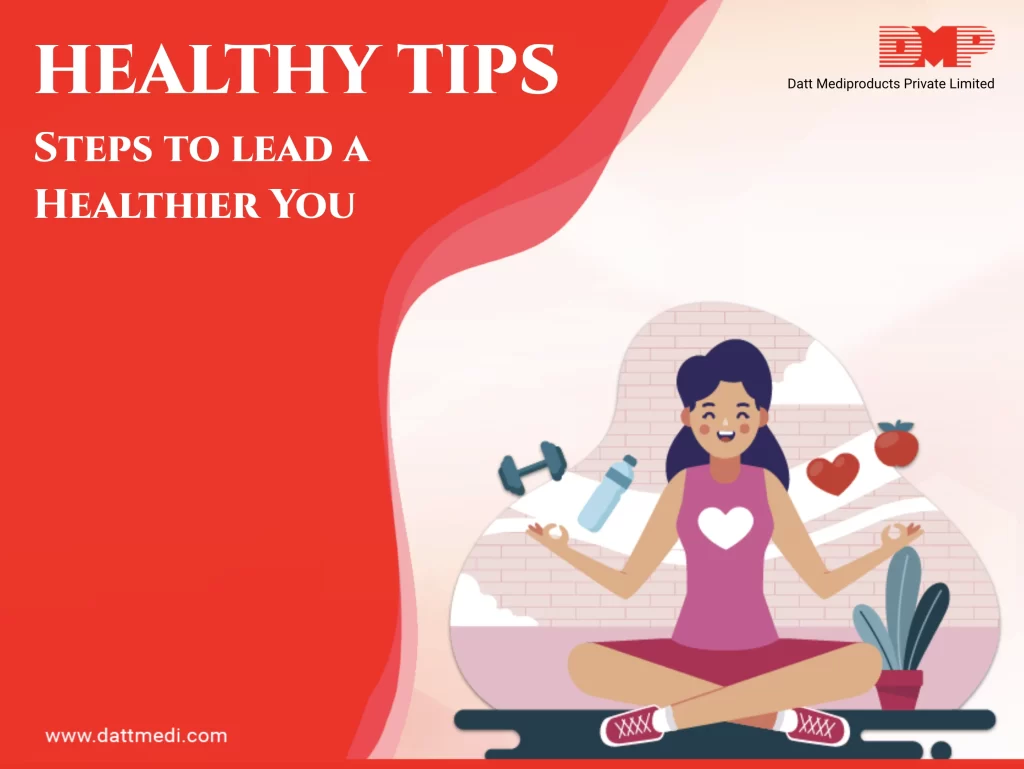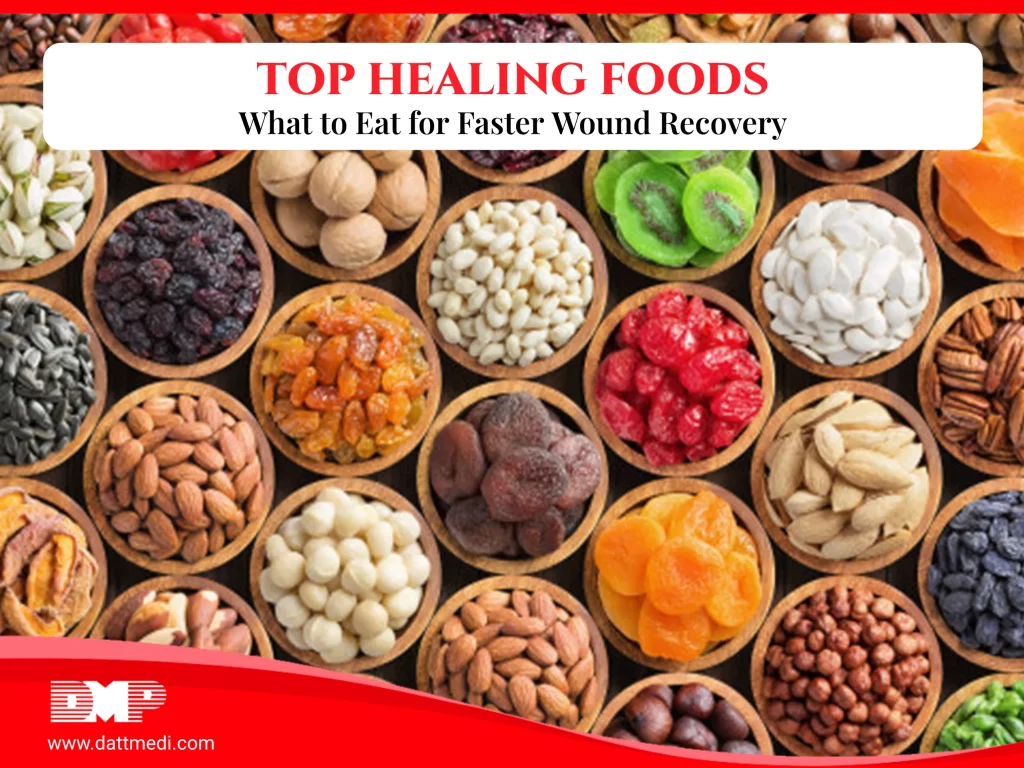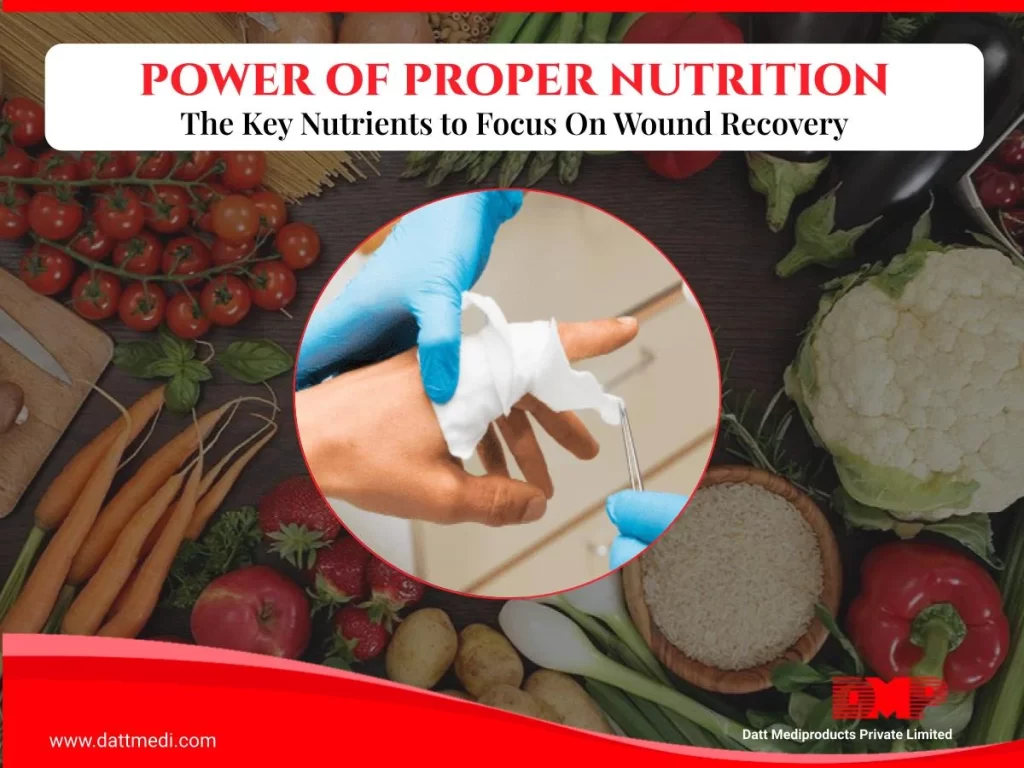
Good health is a requisite of happiness and is one thing we can’t buy. Buddha says “To keep the body in good health is a duty…otherwise we shall not be able to keep the mind strong and clear.”
We understand that good health can’t be achieved overnight.
Thereby, we bring a list of small habits and steps which can be followed everyday for a healthier you.
Don’t Skip Breakfast:
Breakfast is the most important meal of the day and you should make a regular habit of eating breakfast on an everyday basis. A breakfast including whole grains, fruits, fibers provides the body with essential nutrients and energy to kickstart your day and supplies a constant energy needed to keep you going.
Drink plenty of water:
Staying sufficiently hydrated the entire day has several health benefits. Thereby, drinking 8-10 glasses of water is recommended everyday which may also depend on weather conditions and physical activity you are indulged in.
Maintain a balanced nutrients intake:
Proteins, fats and carbohydrates are the three main food components which are vital for optimal health. But their intake should be balanced. Too much of anything is bad for your body. For instance, an excessive entail of carbohydrates can increase blood sugar levels. The key is to eat fruits, veggies, pulses, legumes, cereal and whole grains in the right proportion to ensure a balanced nutrient intake
Eat Regularly:
Make it a mantra to not skip any meal. Skipping meals makes you feel famished and you might end up eating more than usual at the end of the day.
Make Healthy Swaps such as choosing olive oil over butter, fresh fruits over candies, baked snacks over fried ones, healthy choices over fast foods etc. Cut out soda and choose green tea or water over it. Pick fresh over processed foods
Stay Hydrated:
Drinking water has a lot of health benefits. It increases your energy, regularizes appetite and helps improve digestion also.
Stay Physically active:
Indulging in some kind of physical activity is a main component to achieve good health. Whether it’s a simple walk, a jog, swimming or climbing stairs, the objective is to stay physically active which will help to enhance metabolism too. Take stairs instead of an elevator.
Give up your sedentary lifestyle:
Move more, sit less. If you have a sitting job, take minute breaks and walk time to time.
Get enough sleep:
A lack of sleep is the source of various health problems. A sound sleep helps to rejuvenate mind and body for the next day. It increases your concentration, reduces depressions, uplifts moods, boosts energy and decreases irritability.
Mellow Out Daily:
Spend some time every day for meditation, yoga, praying or breathing exercise. Such activities help to declutter your mind and unwind your soul. After all, mental health is just as important as physical health.
Keep a Track of your daily activities and reach your goals with the help of digital health technology.
We @dattmediproducts recommend making one positive change in your daily routine, and try to be consistent. Gradually increasing your efforts and focussing on taking small steps everyday are surely going to help achieve the end result.
Health is Wealth!




